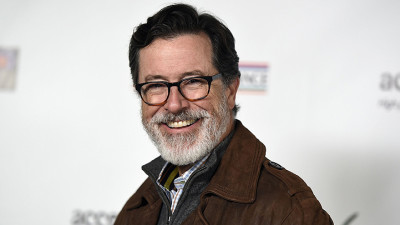For everything there is a season, and a time for every matter under heaven:
a time to be born, and a time to die;
a time to plant, and a time to pluck up;
a time to kill, and a time to heal;
a time to break down, and a time to build up;
a time to weep, and a time to laugh;
a time to mourn, and a time to dance;
a time to cast away stones, and a time to
gather stones together;
a time to embrace, and a time to refrain from embracing;
a time to seek, and a time to lose;
a time to keep, and a time to cast away;
a time to tear, and a time to sew;
a time to keep silence, and a time to speak;
a time to love, and a time to hate;
a time for war, and a time for peace.| Ecclesiastes 3.1-8
As we looked at this famous poem on Sunday, we were presented with a list of opposites that weren’t presented as conflicting; they were presented as the alternating parts of all life: birth/death, plant/harvest, peace/war, laugh/weep, etc. The challenge that the author presented us with was to find value (or a time) for all of these realities. To stop demonizing one as we deify the other. Instead, ALL of these things play a role in the unfolding plan of God.
With this in mind, I read an article about Stephen Colbert this week (for the whole article, go here). In an attempt to make sense of the man who has pretended to be someone else for numerous years and will be himself on a regular basis as host of the Late Show (starting tonight), the interviewer dug into the comedians past. Specifically, the death of his father and 2 brothers when Colbert was 10. Amazingly, in discussing the hardest event in his life, Colbert dropped the ironic edge that defines his comedy and expressed joy. A joy that came, not from pretending to be okay, but from embracing a quote from JRR Tolkien:
What punishments of God are not gifts?
Tolkien said this in response to being questioned about the complexity of good and bad in his fiction; this was his answer to why everything did not always go well for the heroes of his stories. For Colbert, a devout Catholic, this resonated with his place in God’s story. He says it this way:
So it would be ungrateful not to take everything with gratitude. It doesn’t mean you want it. I can hold both of those ideas in my head.”
That is easy to say when faced with a hangnail or job loss, but we are talking about having your life altered, your father taken. How do you make sense of such a deep wound? Colbert’s answer:
It’s that I love the thing that I most wish had not happened.
I don’t usually use celebrities as examples of Christian worldview, but I thought this was a helpful exchange in regards to how we interact with the hard things of life. This is not an easy answer or an encouragement to just laugh it off. We are presented here with the very real struggle of being connected to a good God in a broken world. This is what GK Chesterton meant when he referred to the Christian life as the maintaining of ‘furious opposites.’ It means letting all things make sense under the weight of the gospel. There is nothing that will ever alleviate the pain of loss, but there is a redemption that can help us to appreciate it. We don’t have to like something in order to love it; love is about seeing the value. There is a time for everything.
